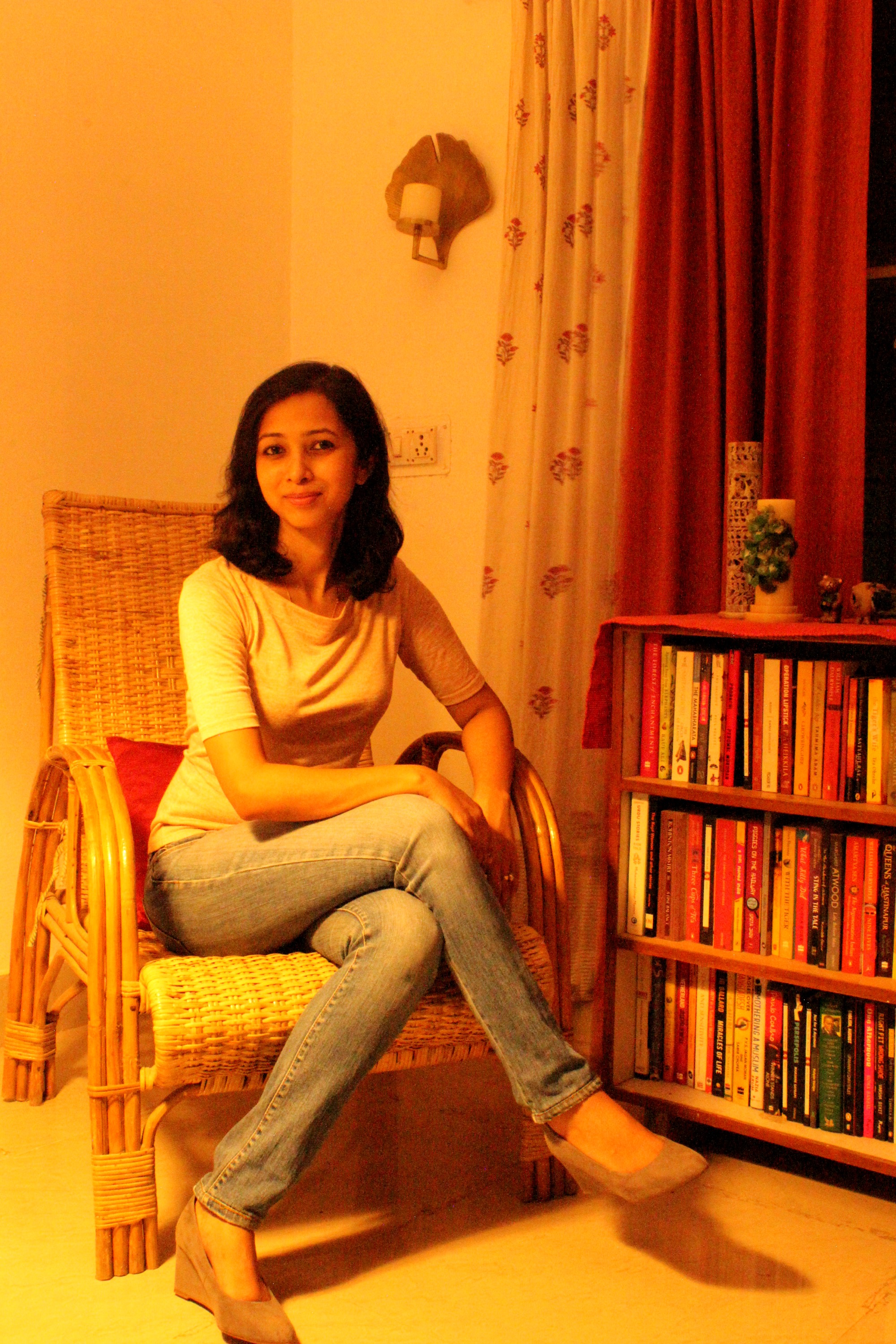From the belly of the sea: The distinctive clay pots of Tuna
- Azera Rahman

- Mar 5, 2021
- 3 min read
Updated: Jul 17, 2021
For The Hindu.
A unique and ancient form of pottery in this Kutch village is threatened by a port and salt factories

A tiny village called Tuna lies by the sea in Gujarat’s Kutch district. Pottery is the main source of livelihood here. And the lives of the potters are intertwined with the rhythmic cycle of the sea. No other pot, it is said, keeps water so exceptionally cool, even in the scorching heat of summers, or lends it so fresh and sweet a taste.
The secret, the potters say, lies in the clay they use, which they dig up from the seabed during a specific time of the month.
“Our water pots sell all over Gujarat; I just sent a truckload to Mehsana 300 km away,” says Razak bhai, a potter in Tuna, as he works the malleable clay until the pot holds the desired shape. It is the salinity of the sea that gives the clay its unique property, he says.
Arduous process
Collecting the clay is, therefore, timed with the tide — cyclically, every month. “We collect the clay only during the no-moon phase, when the sea recedes the farthest and we can reach the seabed. When the water recedes, the clay becomes dry. The salty sea water makes this black mitti (earth) special,” he says.
Hanif bhai, also a potter in the village, says they cannot
collect clay during the monsoon, when the sea brims over. “Other than the four monsoon months, our production goes on through the year.” The pots are made very thin in a long and arduous process. “Our backs give up,” says Hanif bhai. “But this is the only trade we know and the only trade we are meant to do.”
Women are just as much a part of the process of making Tuna pots. “We too are deeply involved in the pot-making. We collect the clay in the tractors, prepare it for the potter’s wheel, help prepare the kiln, and then paint the pots,” says Fatima ben.
Special clay
Tuna’s kilns are wide and can fire up to 400 pots at once. “The process of firing is very specific,” says Hanif bhai. The kiln has to first be cleaned thoroughly. Then, broken pieces of pots are placed over a blanket of tree bark. This is then layered with more broken pieces, over which the unbaked pots are placed, upside down. The pots are then covered with chhandh, a mixture of wood and fertiliser, and the kiln fired for two days and nights.
Once baked, the pots are painted. Tuna’s pots typically have lines drawn around them. “To check if they are from here, rub the surface gently; it will flake,” says Fatima ben. “Fill it with water, and it will not do so any more.”
The clay does not lend itself to other household objects. “For example, if we make a kadhai (wok) of it, it does not heat up as effectively on the fire as the clay pots. Our clay’s speciality is the water pot. Generations of my family have crafted them. That is the tradition,” says Razak bhai.
Lingering nervousness
A pot is sold for approximately ₹30-35 by the potters. In the market, the price rises to around ₹80-100 per piece. The demand is always high, and it is for this reason that the number of potters migrating to Tuna from nearby villages has been gradually increasing over the years. “In the past four or five years, at least 10 Kumbhar (potter) families have migrated to our village from elsewhere,” says Razak bhai. “Now we have 60-70 families here.”
There is, however, a lingering nervousness in the village. A few years ago, when the Tuna terminal of Adani Ports was commissioned, it posed a threat to the potters. The area cordoned off by the port authorities was where the potters got their clay from. “That mitti is the best,” says Razak bhai. When the potters expressed their concern, they were offered some respite.
“They [the company] told us that the area is not being used by them for now, and so we can continue to collect clay from there.” The worry is how long the respite will last.
Meanwhile, another area where the potters collect their clay from has started losing out to a number of salt factories coming up in the vicinity. The excess salt that seeps into the ground makes the clay lose its special quality. The potters have written to the district collector expressing their concern.
The families remain hopeful. “Our work will go on, just like it has for the last 300 years,” says Razak bhai. Just like the tides and the sea.




Comments